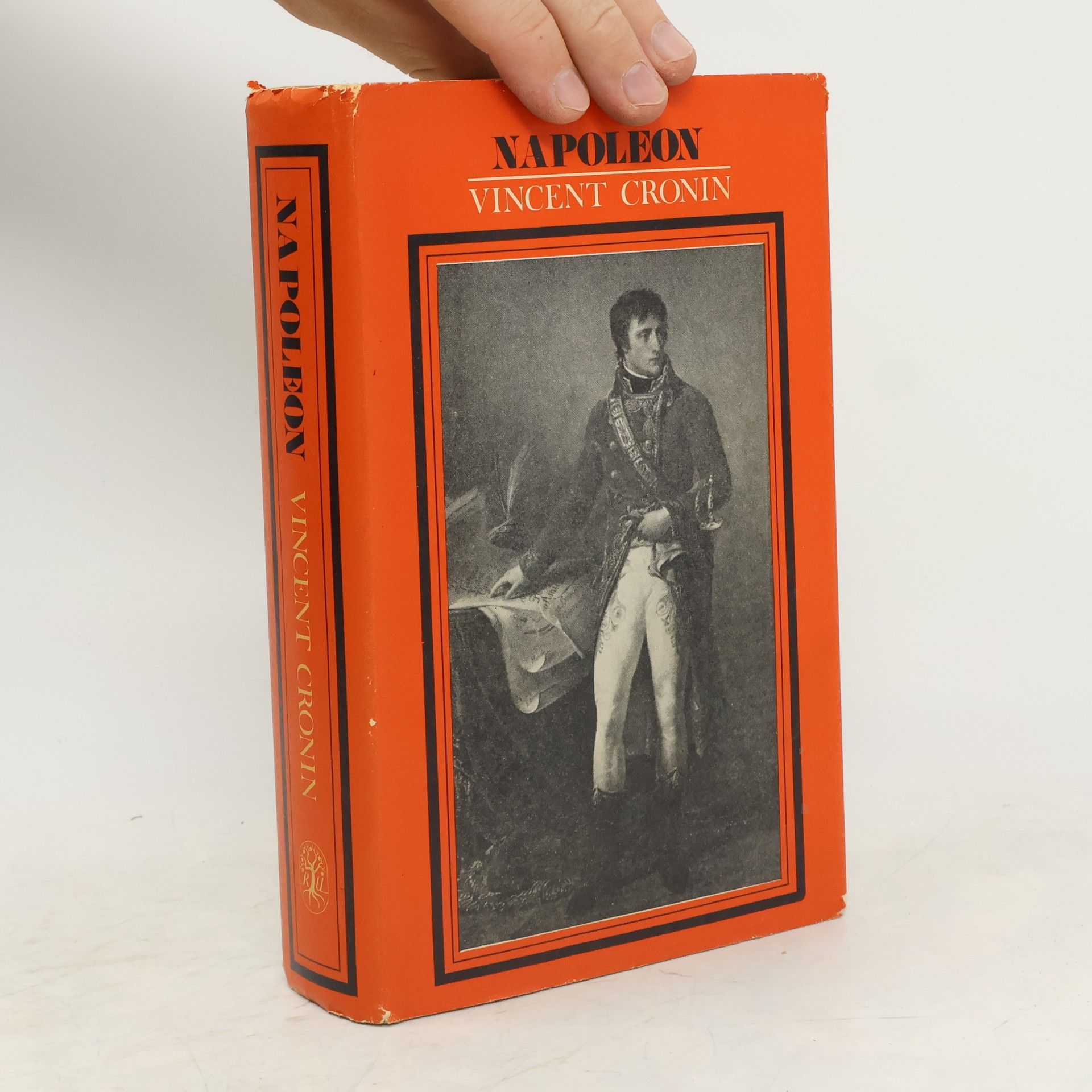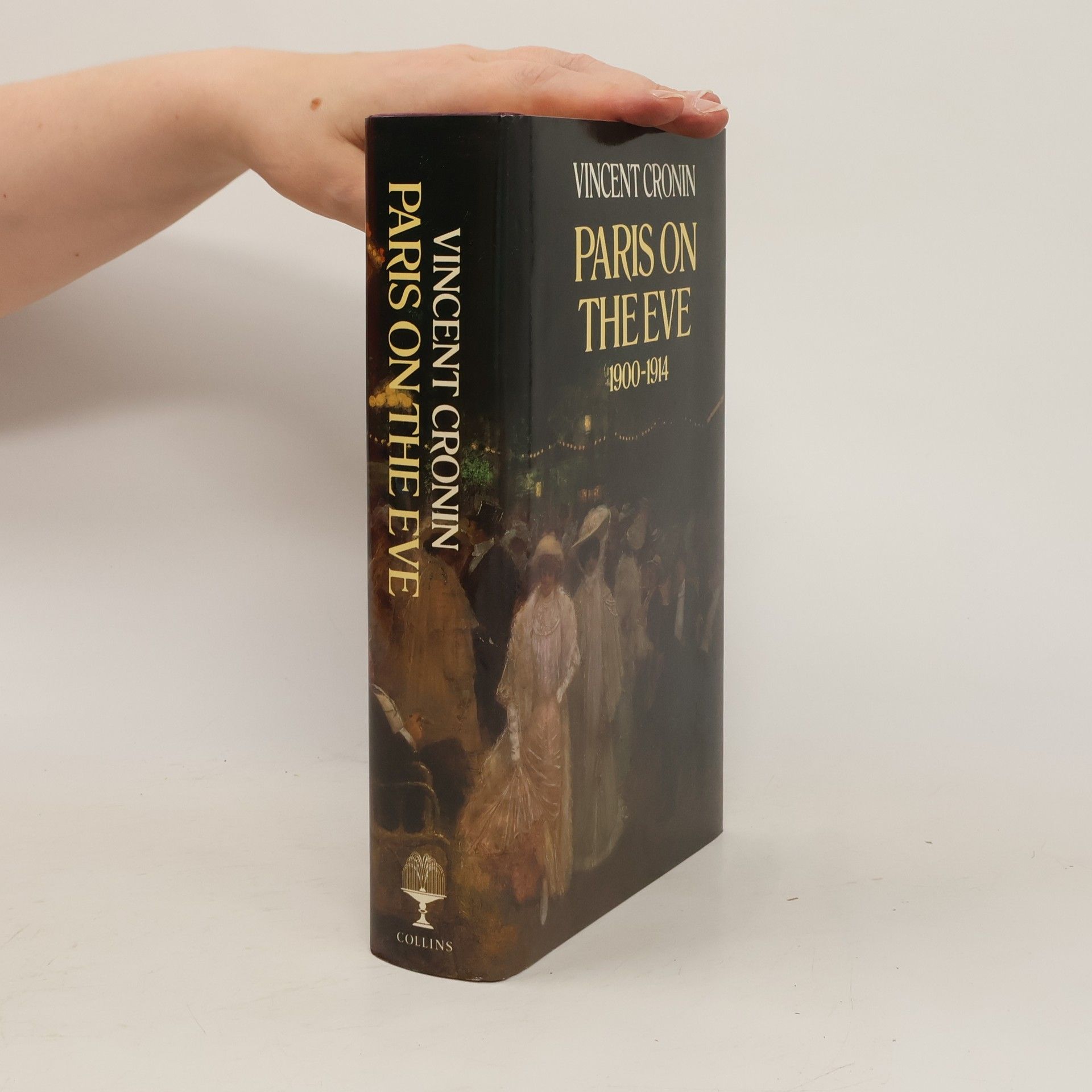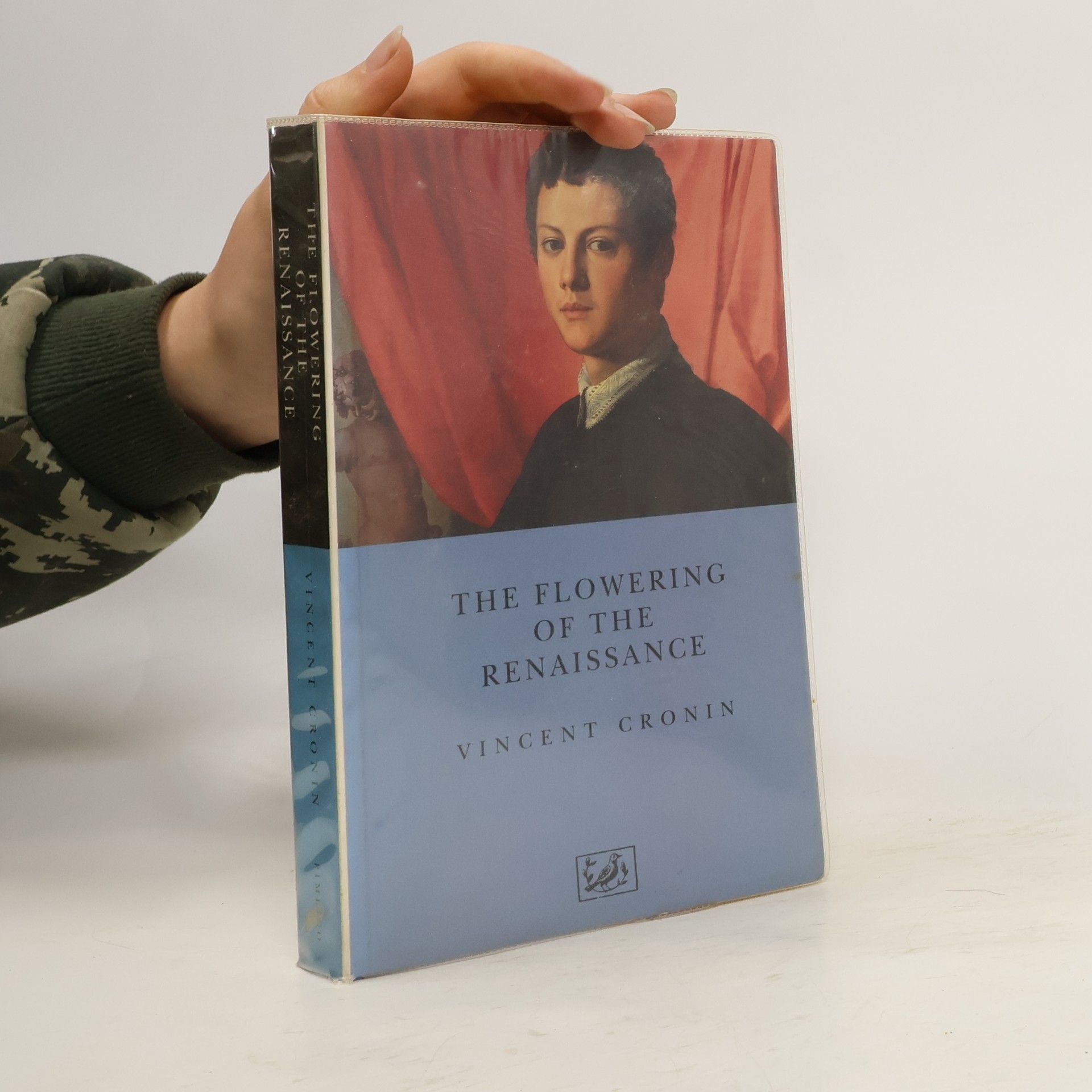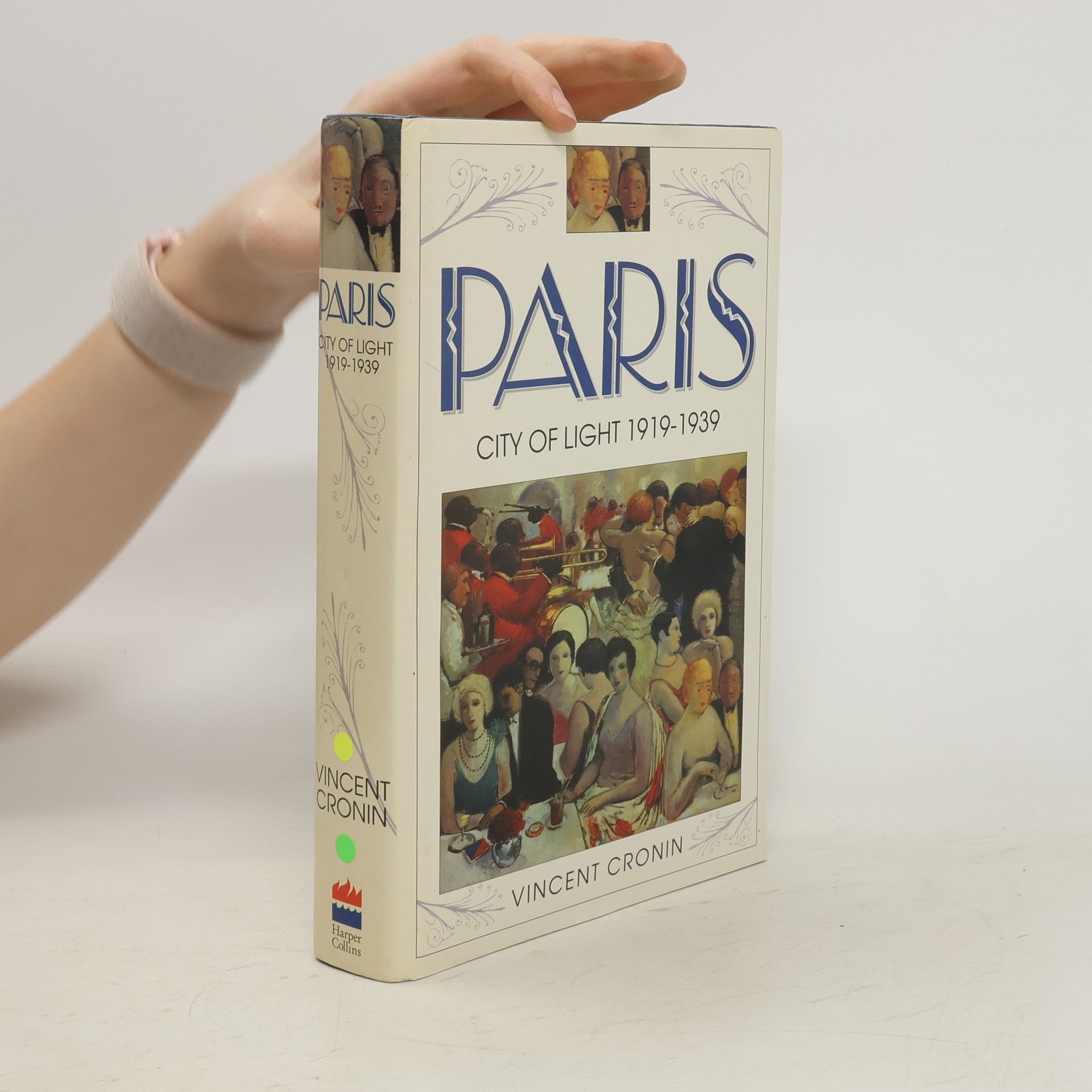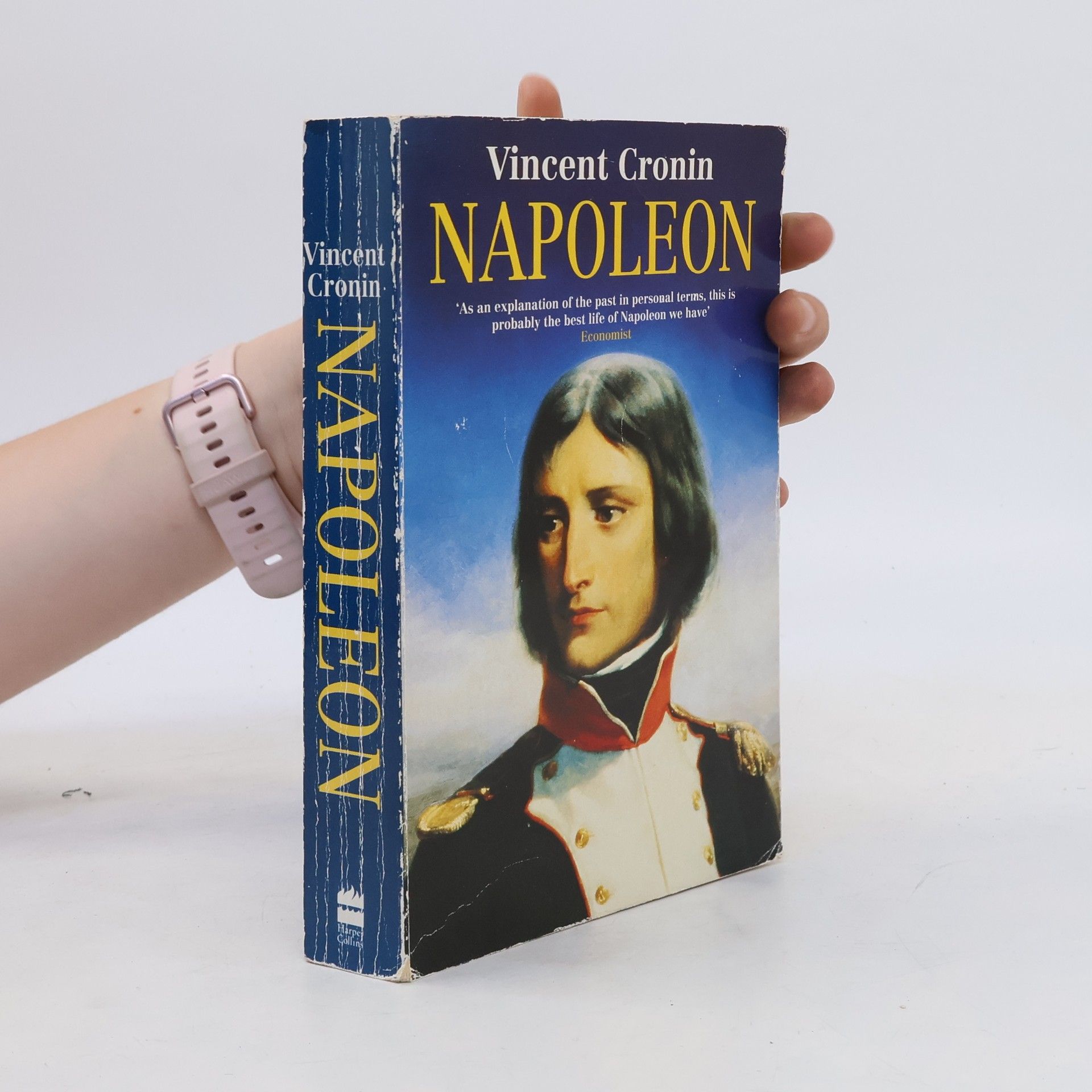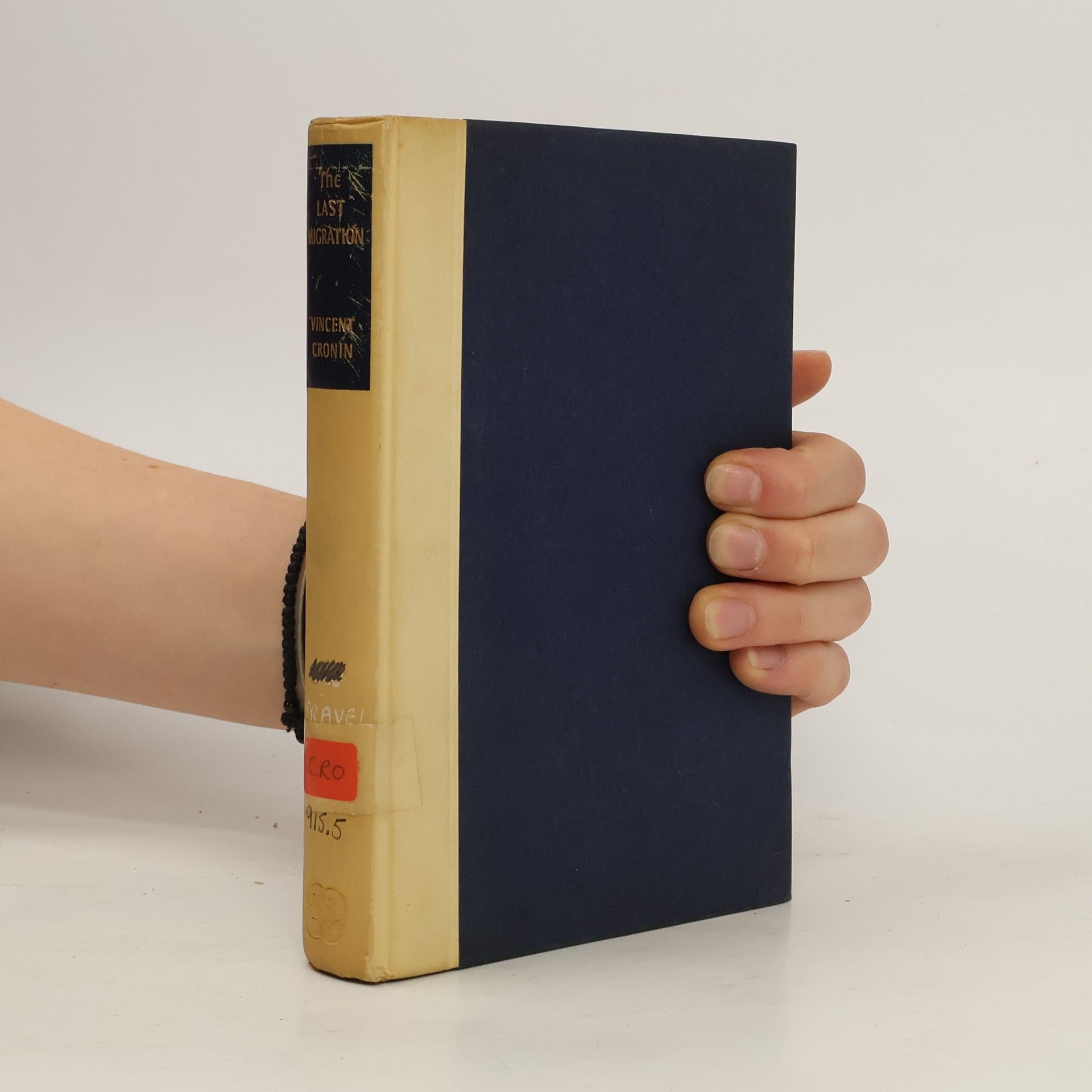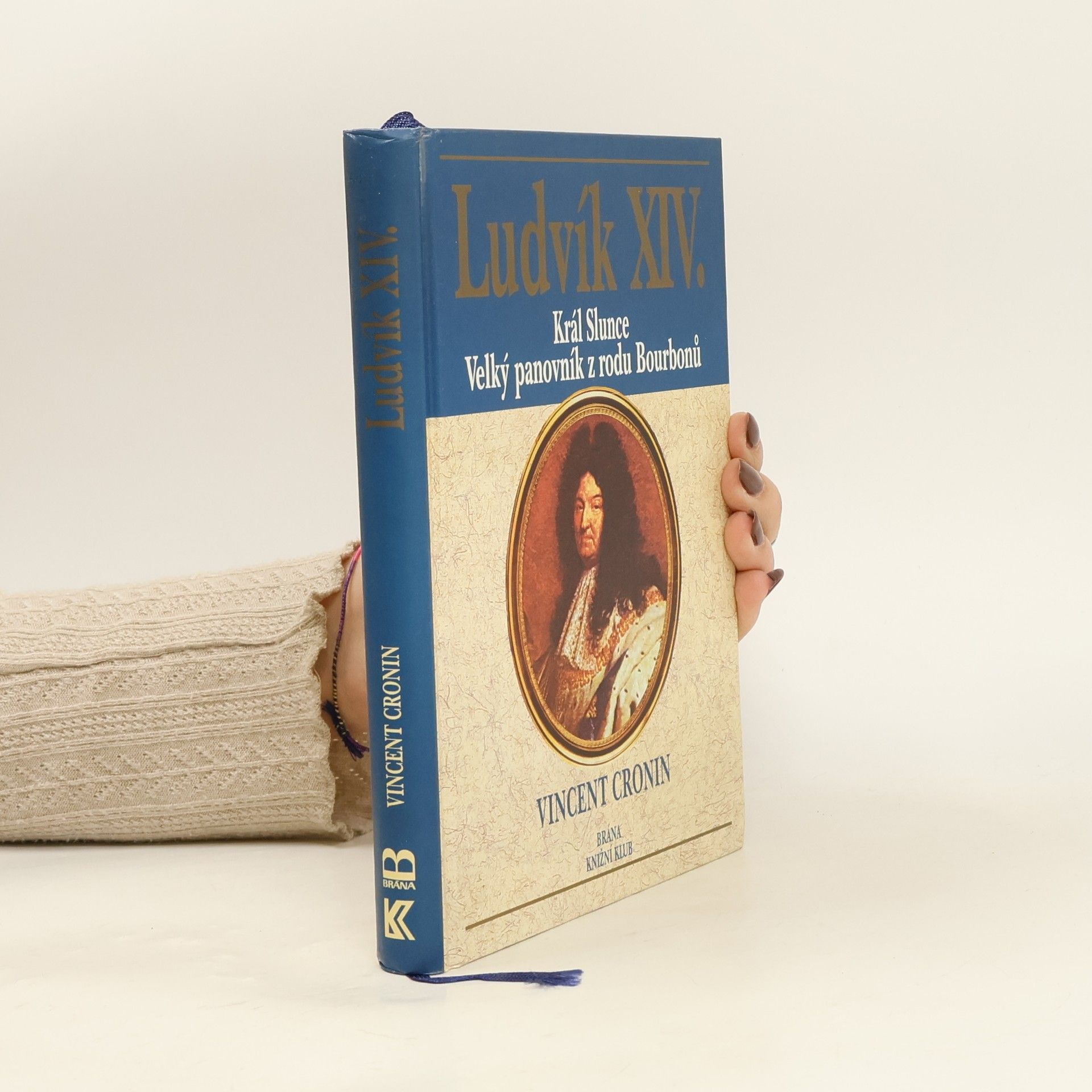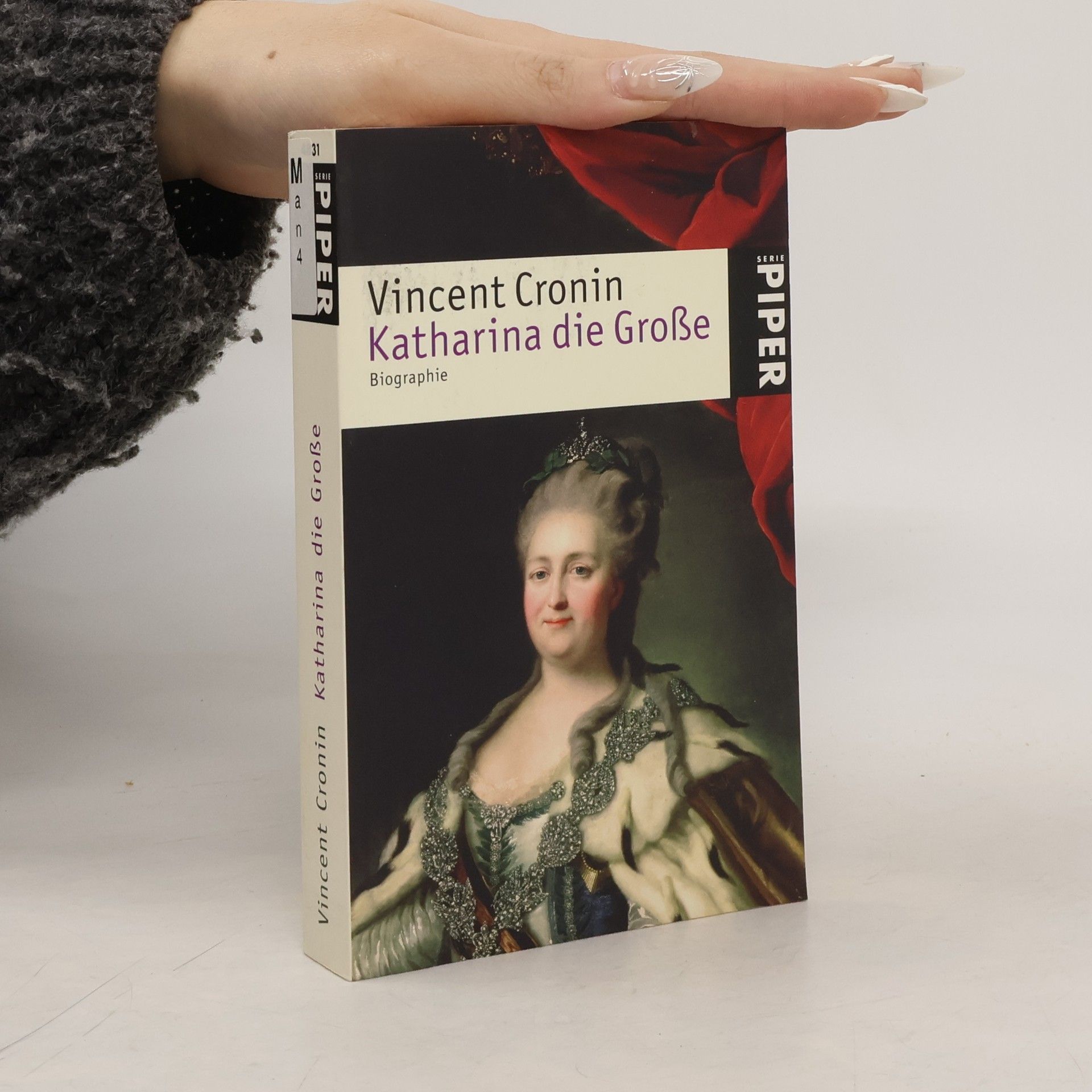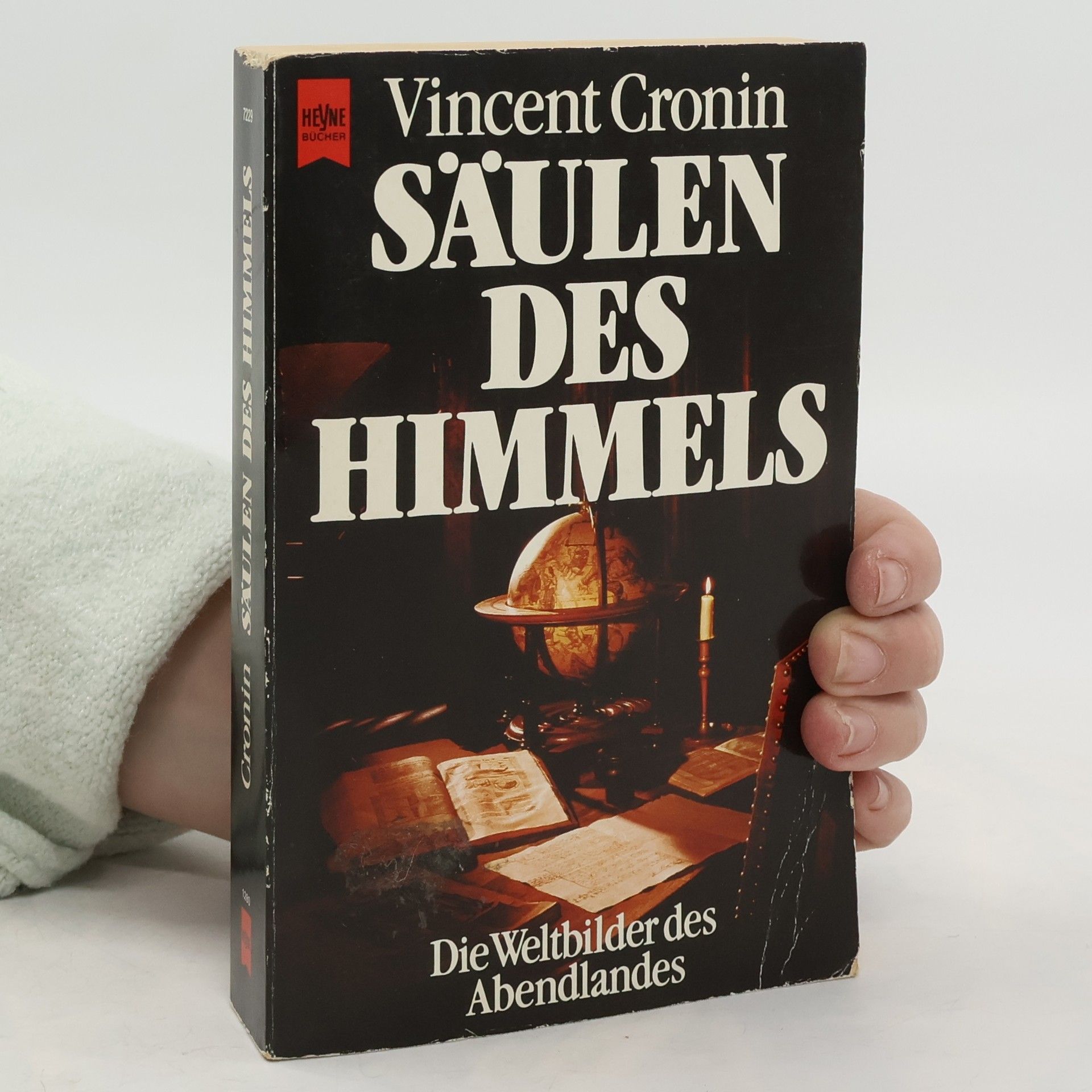The Wise Man from the West
- 352 páginas
- 13 horas de lectura
Matteo Ricci, an early recruit of the Jesuit order, was sent to China as a missionary in 1582. If he approached the Emperor with a Bible in one hand, in the other he carried much of the accumulated technological and philosophical wisdom of the late Renaissance Europe, and thus found favour among the Mandarins, the men of learning who enjoyed high status at the Imperial Court. He learned Chinese the better to discuss with them the problems in science and technology, as also questions of religion and the hereafter. But his progress was not unopposed, for the Wise Man from the West came to be seen as an unsettling element in a too-settled society. Ricci died in 1610, disappointed in his ambition to convert the Emperor, and with him the whole of China, to Christianity. But the seed was sown and the crop, even after almost a century of atheistic communism, continues to grow in present-day China. This story of the first fully documented contact between West and East offers a fascinating insight into the history of ideas during one of the most fertile eras in European and Chinese history. Vincent Cronin has built up a reputation with his scholarly, elegantly written works of history and biography, as one of the finest popular historians of his generation. This early book proves his gift as an acutely observant and sensitive historian.
